
- Article
- Article
NHS Blue: the colour of universal healthcare
The 1980s and 1990s saw ideas from the world of business infiltrating the NHS, including the introduction of an internal market, followed by a corporate branding exercise.

- Article
- Article
“Life and the universe change our plans”
Artist Lil Sullivan returns to the printmaking workshop for the first time after her stroke, and uses broken and discarded everyday objects to create art.
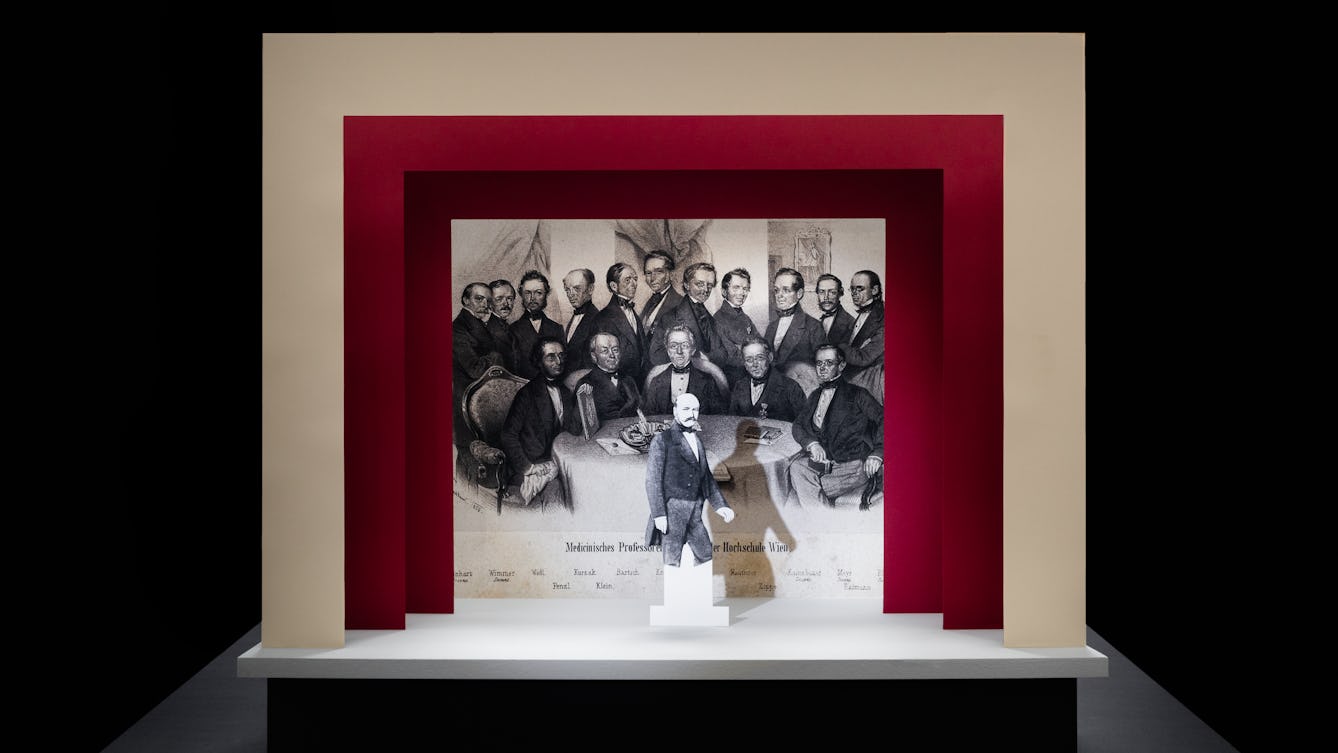
- Article
- Article
The father of handwashing
Doctors performing autopsies and then delivering babies – with not a hint of soap in between – was the grim recipe producing a lot of motherless offspring in the 1800s. But one man’s gargantuan efforts to upend accepted medical thinking turned the tide.
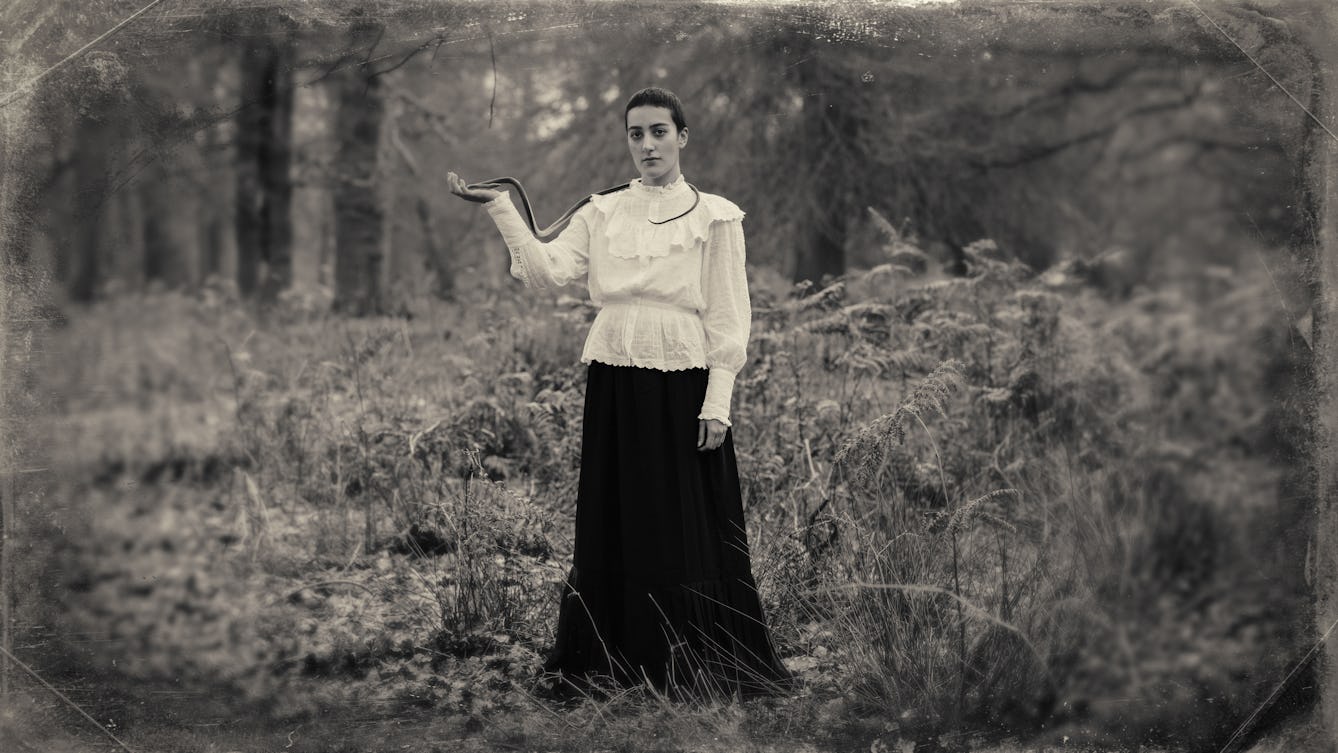
- Article
- Article
The extraordinary body of Evatima Tardo
Darling of 19th-century American freak shows, Evatima Tardo remained serene as she withstood crucifixion and the bites of poisonous snakes. But she took the secret behind her abilities to her grave.
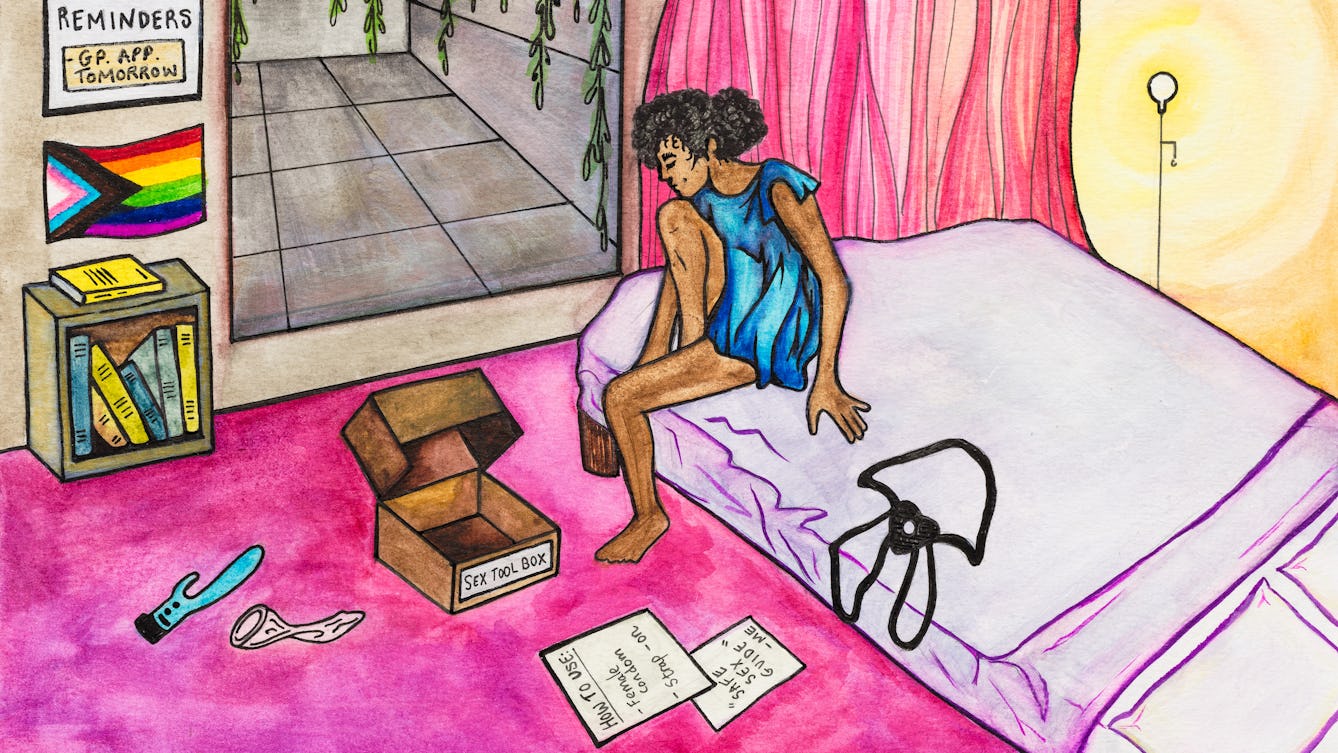
- Article
- Article
Battling the heteronormativity of sexual health
As a queer, Black women, Mary W is sick of the never-ending hetero-cycle of clinic appointments, where her needs and sexuality are always a surprise to the doctor. She calls for a revolution.

- Article
- Article
The catharsis of cringe
Watching cringe comedy can be therapeutic. Find out why some of us are drawn to the build-up of stress in shows like ‘Frasier’ and ‘The Office’.

- Article
- Article
The metamorphosis of masturbation
Throughout history, medics and campaigners have tried to stamp out masturbation – but is modern science transforming its reputation?
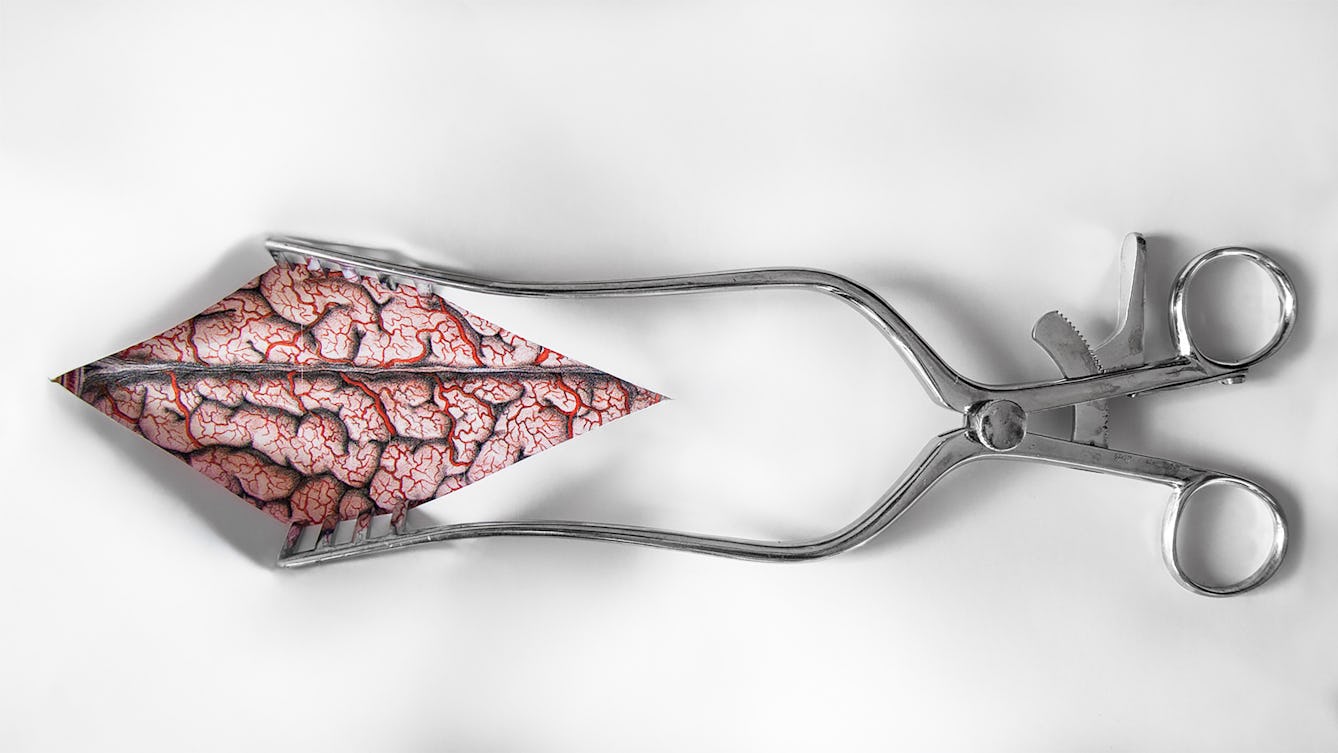
- Article
- Article
The mystery of the malignant brain
In 1884 a neurologist successfully used a patient’s symptoms, plus a new kind of map, to locate a brain tumour. Discover how his best-laid plans for treatment worked out.

- Long read
- Long read
The ambivalence of air
Daisy Lafarge investigates the effects of air quality and pressure on body and mind, exploring air as cure, but one with contradictions.

- Book extract
- Book extract
The psychology of Ouija
Explore the science behind table tilting and Ouija boards, and discover how the unscrupulous still make money from exploiting the ‘ideomotor’ effect.
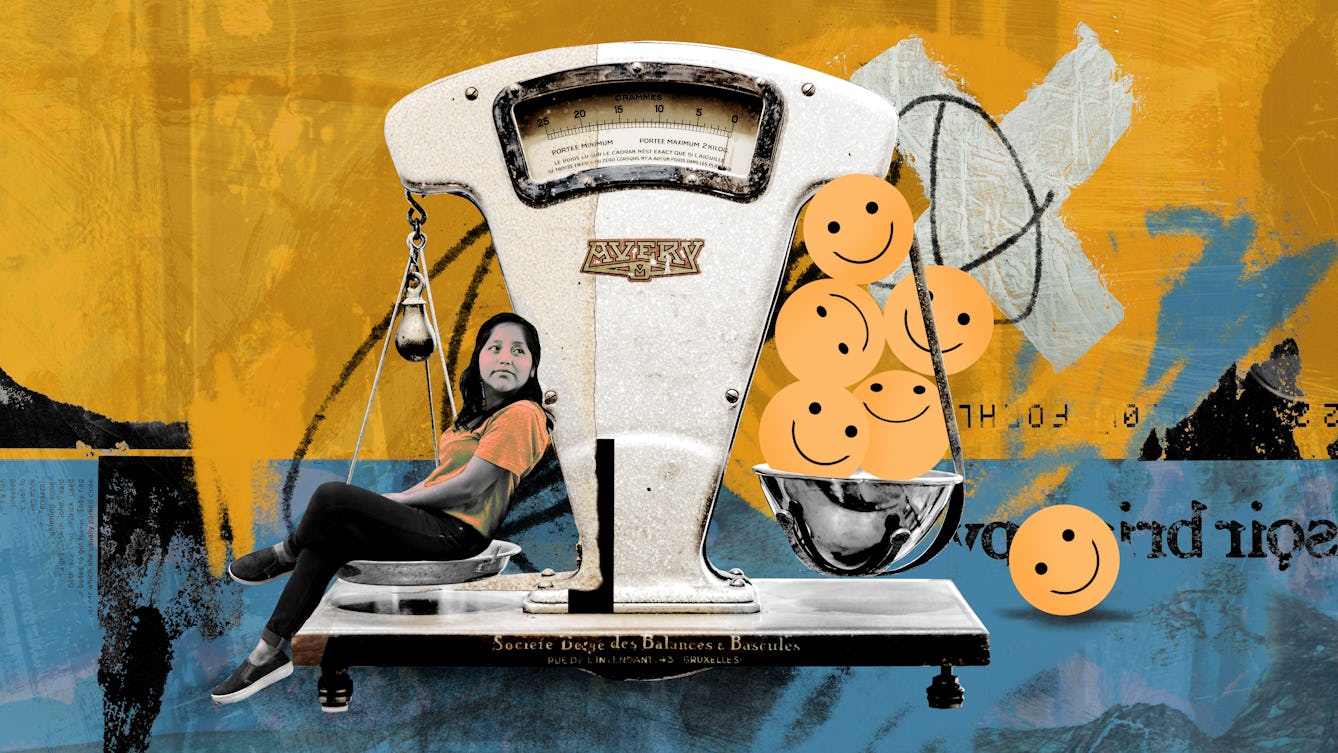
- Book extract
- Book extract
The meaning of happiness
What is happiness? Tiffany Watt Smith charts how its definition has changed over time, from chance emotion to something that can be measured and controlled.

- Article
- Article
Sick of the theatre
What makes the stage a good place to share real-life experiences of ill health?

- Article
- Article
The art of soundproof design
Too much noise is more than annoying – it has serious negative effects on health and cognitive ability. Find out how designers and architects are mitigating the downsides of sound.

- Article
- Article
The birth of the public museum
The first public museums evolved from wealthy collectors’ cabinets of curiosities and were quickly recognised as useful vehicles for culture.
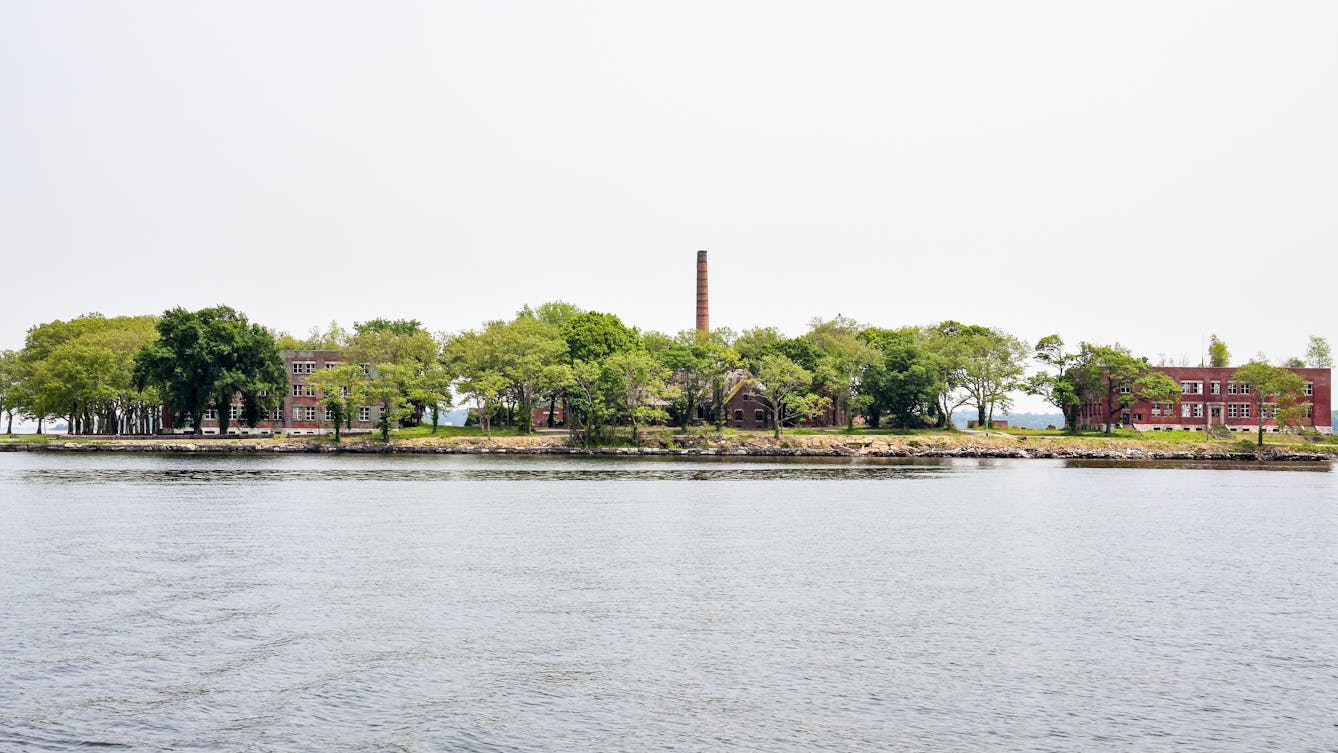
- Article
- Article
The island of unclaimed bodies
In New York, those who live and die on the extreme edges of society are buried on an isolated island, often forgotten and unmourned. But recent legal changes aim to reduce stigma and restore their dignity.
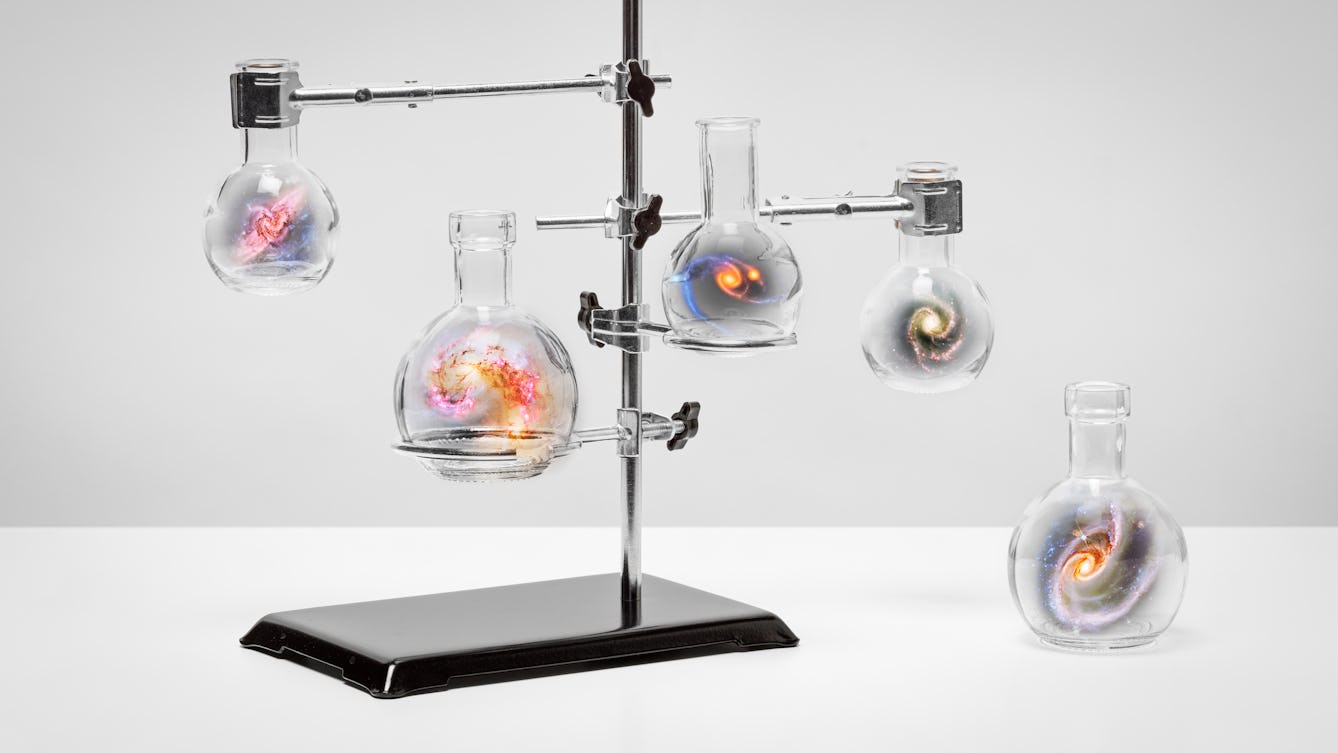
- Article
- Article
Illness and the influence of the stars
Could alien germs from space have caused major pandemics across the world? Taras Young investigates the ideas of a few unconventional scientists who believe this to be the case.

- Article
- Article
The shifting shape of language
Author Jessica Andrews explores how her brother’s deafness has influenced her relationship with words and the world.
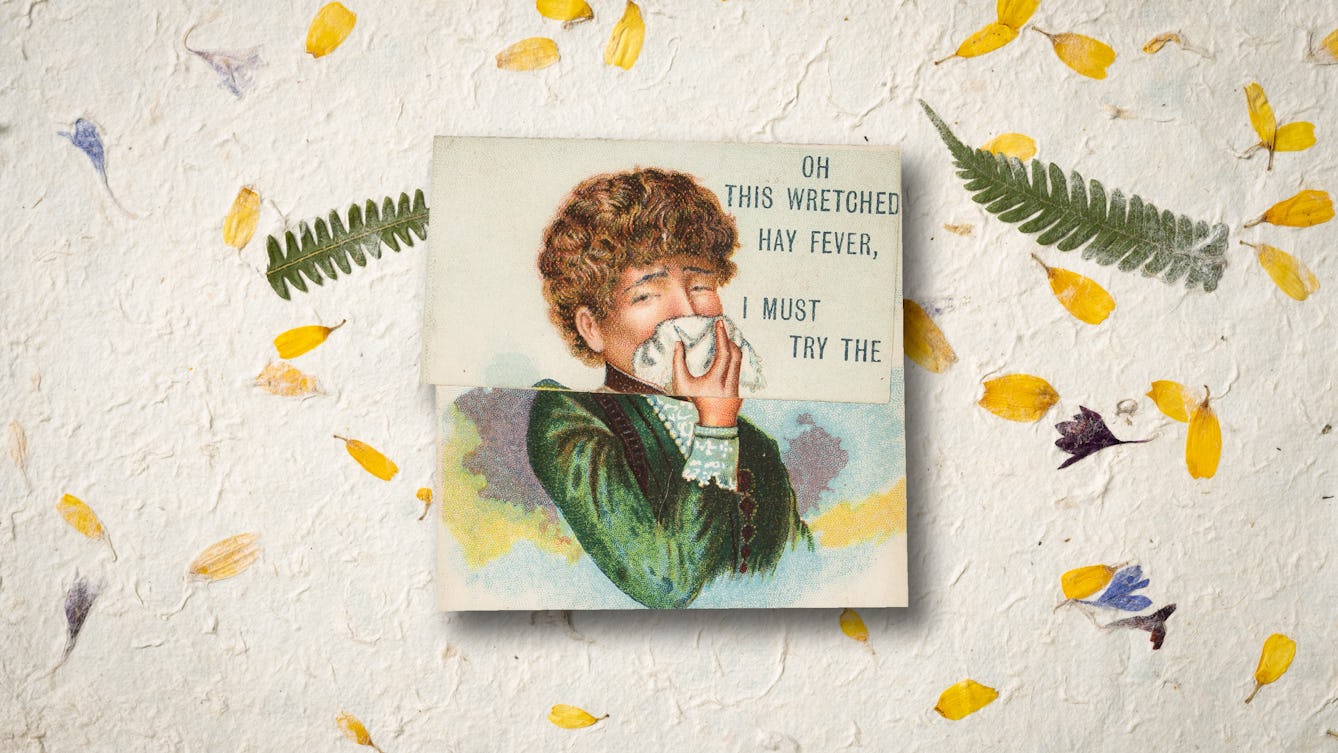
- Article
- Article
The hell of hay fever
After years suffering in silence, David Jesudason finds speaking out about his pollen allergy gives him hope for a future where his hay-fever symptoms are under control.

- Article
- Article
The work of wet-nursing
Many of us know that in the past, babies were sometimes nourished by wet-nurses. But, perhaps surprisingly, the practice continues today – and the milk recipients are not only babies.
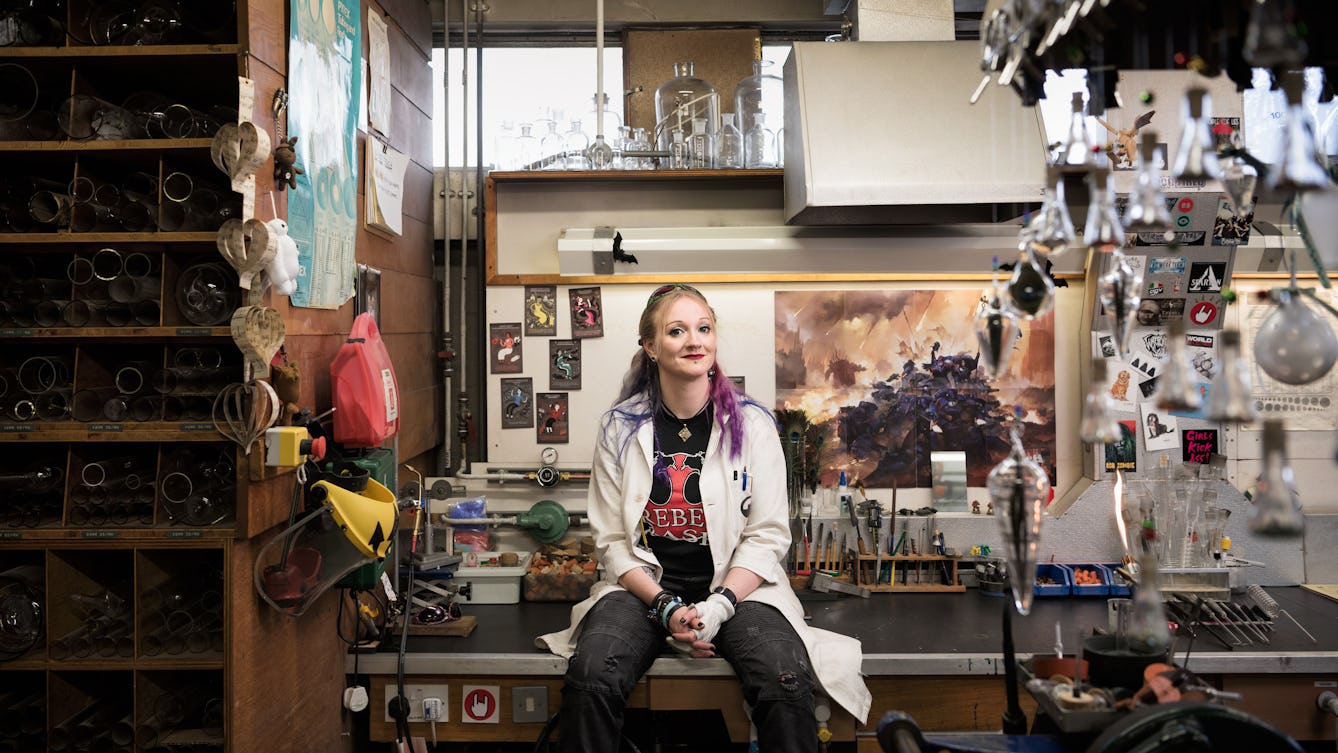
- Article
- Article
The art of scientific glassblowing
Exciting things happen when art, craft, engineering and science collide. Glassblower Gayle Price is proof of that.
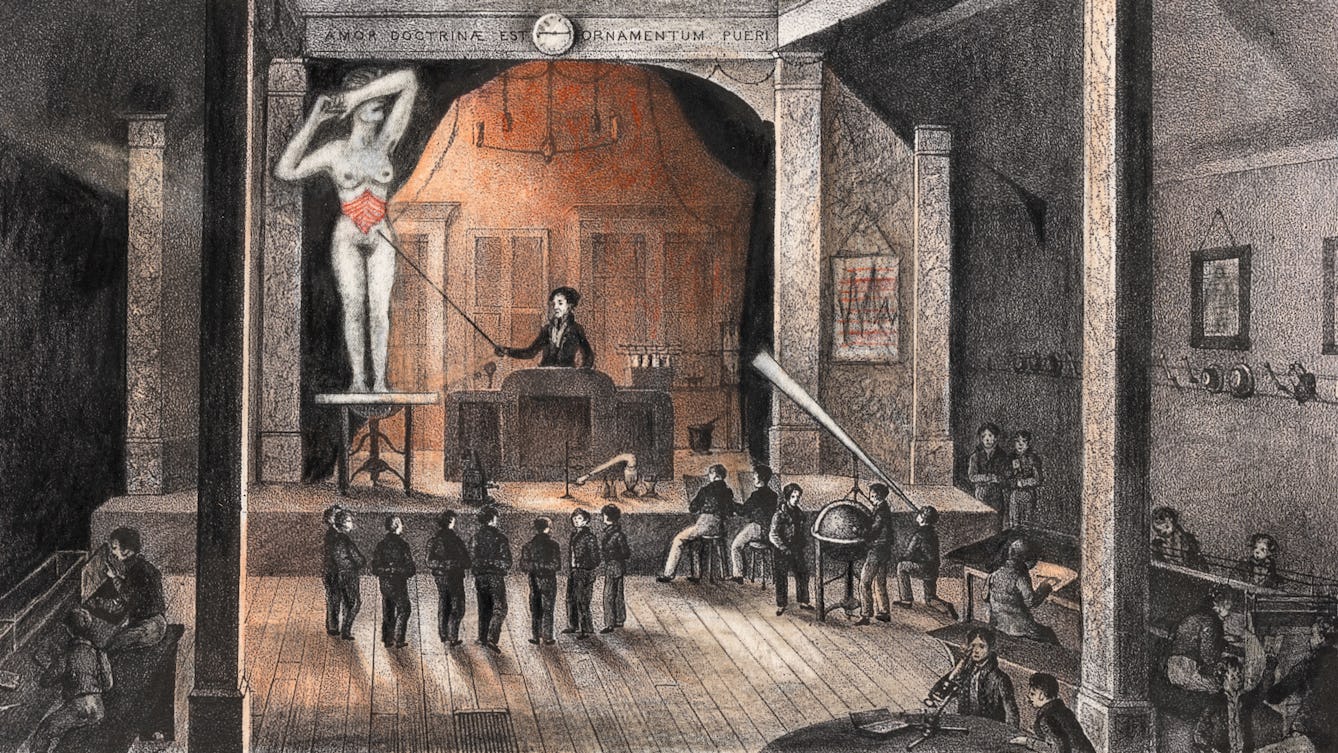
- Article
- Article
Getting the measure of pain
In the 20th century doctors tried to find a way to measure pain. But even when ‘objective’ measures were rejected, an accurate understanding of another’s pain remained frustratingly elusive.

- Article
- Article
The hidden history of homesickness
Gail Tolley delves into the history of homesickness and discovers that its rich past holds a clue to how we view the experience today.
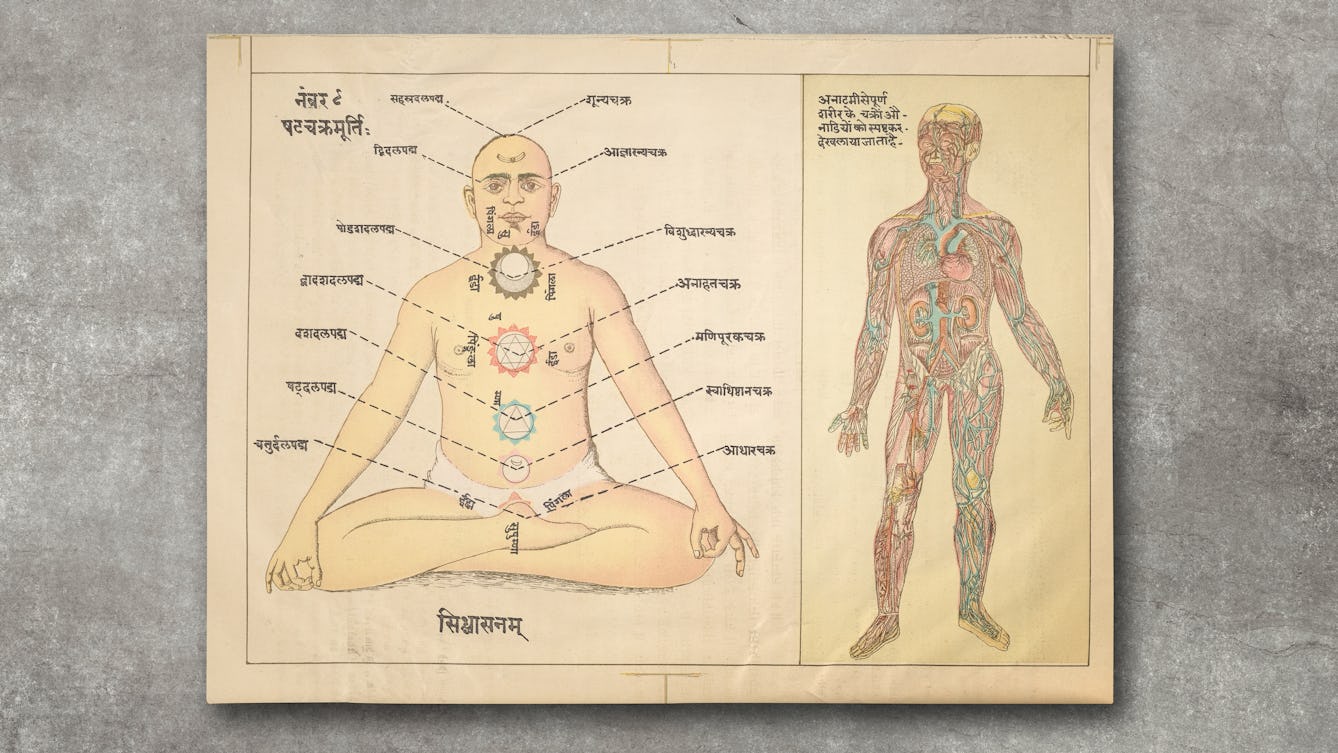
- Article
- Article
The healing power of breathing
The healing powers of different breathing methods are said to help with a range of health challenges, from asthma to PTSD. Effie Webb traces their spiritual origins and explores the modern proliferation of breathwork therapies.
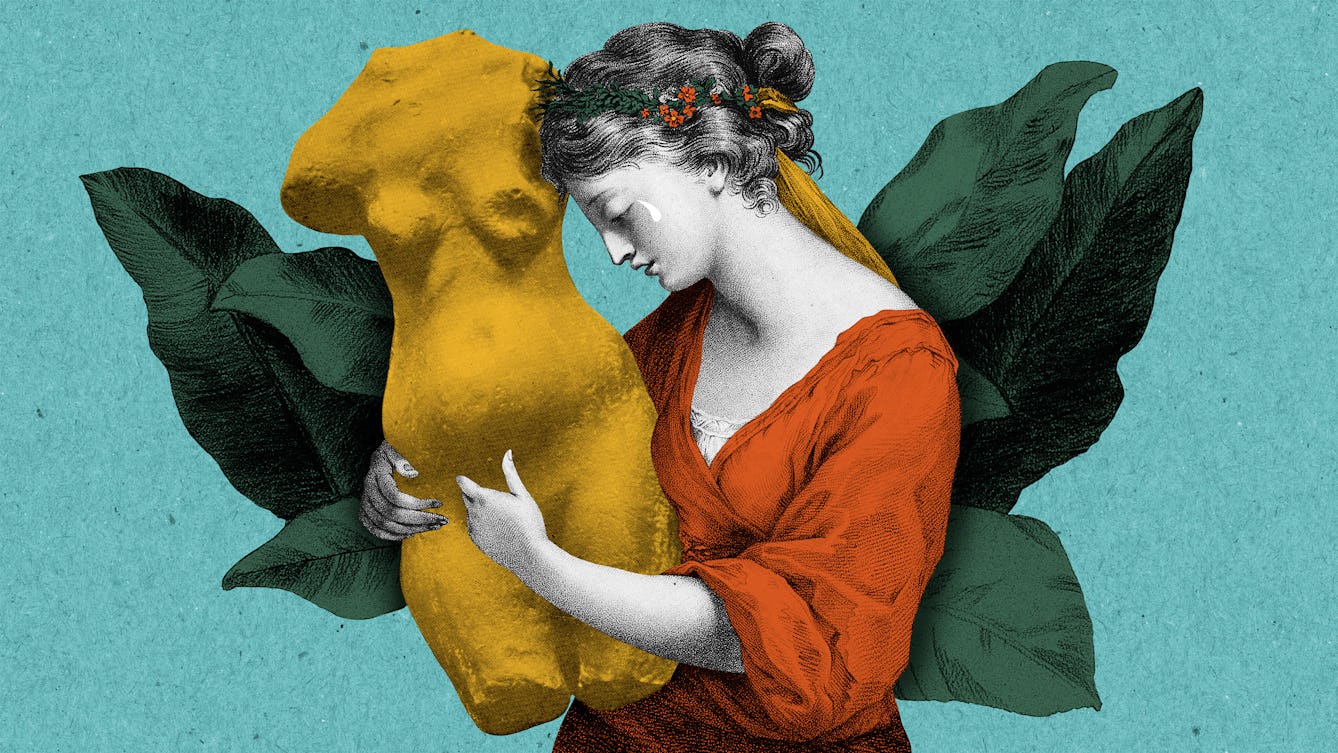
- Article
- Article
The secret sting of cystitis
Agnes Arnold-Forster recounts her experiences of cystitis, explaining how this illness intersects with sexism, shame, and stigma from medical professionals.
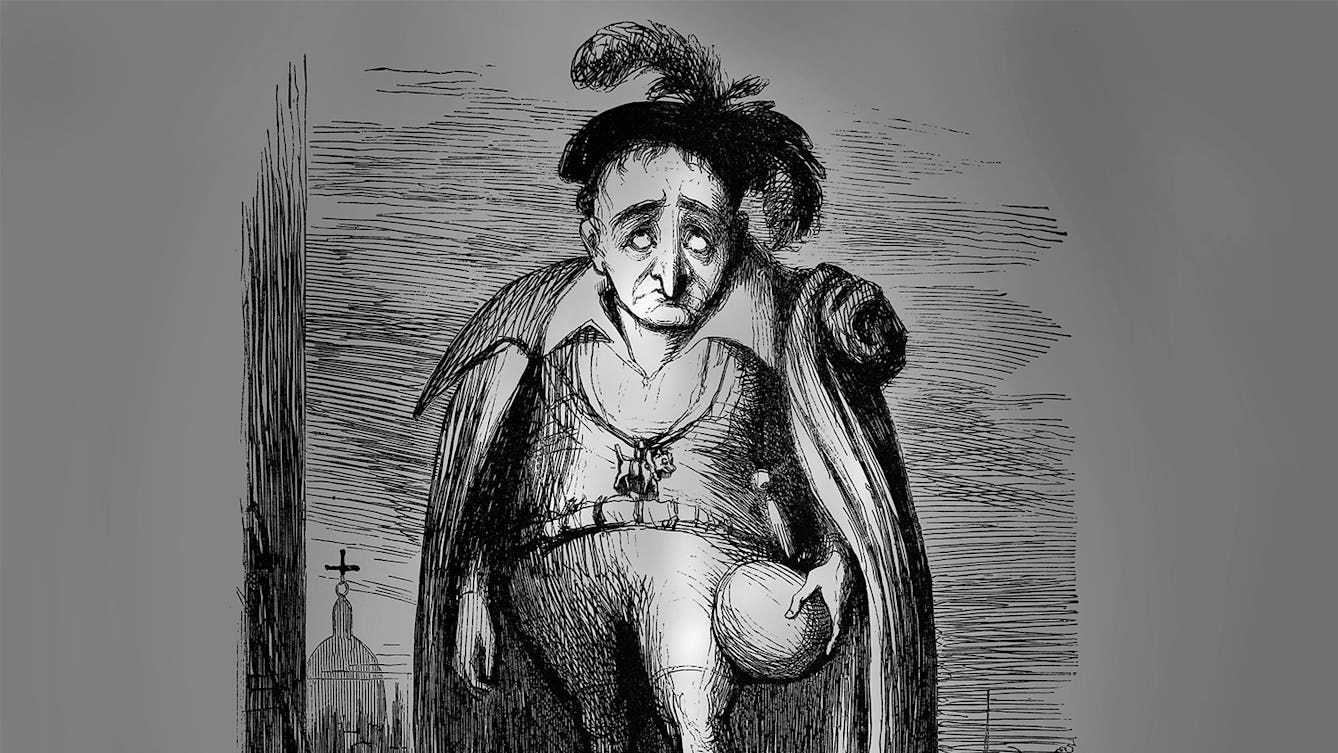
- Article
- Article
Hamlet, the melancholic Prince of Denmark
Hamlet clearly demonstrates an excess of black bile and is arguably the most famous literary melancholic.